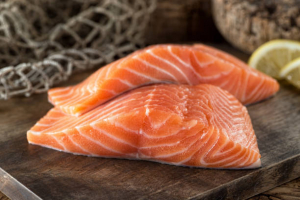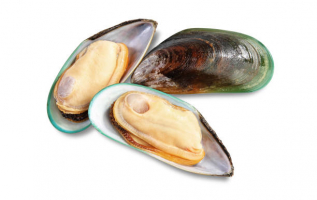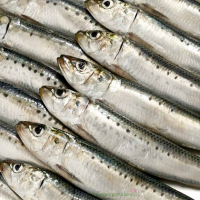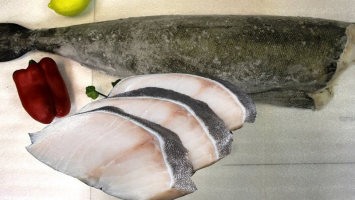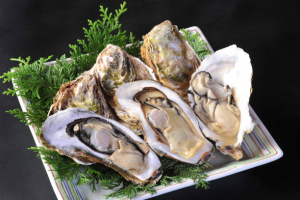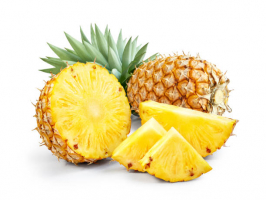Top 6 Health Benefits of Eating Anchovies
Anchovies are little silver-colored forage fish in the Engraulidae family. They measure 1 to 15.5 inches (2 to 40 centimeters) in length. They are frequently ... read more...used in modest amounts and are particularly popular in the Mediterranean diet, where they are used in a variety of meals. Anchovies are frequently thought to be salty and flavorful. Their flavor, however, is determined by the technique of processing. Anchovies are tiny, nutrient-dense fish with various health advantages. Read on for more information.
-
Anchovies pack a lot of nutrients into a small package. A 2-ounce (45-gram) serving of anchovies canned in oil provides:
- Calories: 95
- Protein: 13 grams
- Fat: 4 grams
- Carbs: 0 grams
- Vitamin B3: 56% of the Daily Value (DV)
- Selenium: 55% of the DV
- Vitamin B12: 16% of the DV
- Iron: 12% of the DV
- Calcium: 8% of the DV
Anchovies are strong in vitamin B3 — or niacin, a vitamin that aids in the conversion of food into energy. They are also high in selenium, a mineral that is important for heart, thyroid, immunological, and bone health. They also include the minerals iron and calcium. Iron is required by your body to transfer oxygen from your lungs. Calcium is necessary for good bones. Anchovies are very high in omega-3 fatty acids. They are, in reality, classified as oily or fatty fish, along with salmon, tuna, sardines, and mackerel. A 2-ounce (45-gram) container of anchovies has 924 mg of eicosapentaenoic acid (EPA) and docosahexaenoic acid (DHA), which is greater than salmon.
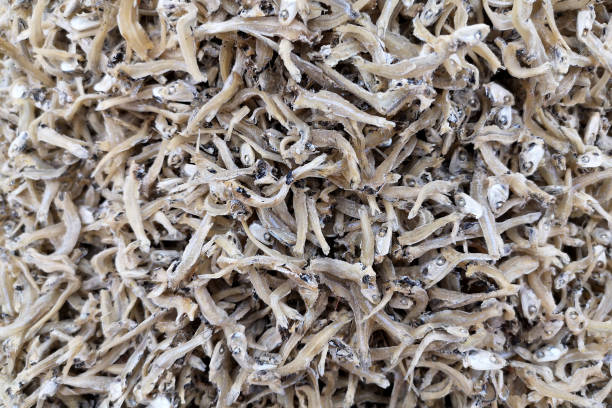
High in nutrients 
High in nutrients -
As previously said, anchovies include omega-3 fatty acids and selenium, which may help lower your chance of getting heart disease. Omega-3 fatty acids may help lessen the risk of heart attack and stroke by improving blood pressure, cholesterol, inflammation, and triglyceride levels, as well as blood vessel function and blood flow to the heart.
For example, one earlier study discovered that consuming 566 mg of DHA and EPA daily might reduce the chance of dying from heart disease by 37%. That quantity of omega-3s can easily be obtained from a 2-ounce (45-gram) can of anchovies. Low selenium levels have been related to an increased risk of heart disease in studies. Increased selenium consumption may minimize your risk of heart disease due to its antioxidant ability, which reduces oxidative stress and inflammation linked with heart disease.

May improve heart health 
May improve heart health -
Anchovies may be high in omega-3 fatty acids, a kind of essential fatty acid that can help lower the risk of heart disease and cognitive problems. According to research published in the Advances in Nutrition Journal, omega-3 fatty acids may help with weight loss and management, immunity, and eye health, among other things. There is no set daily limit for omega-3 fatty acid consumption; however, the European Food Safety Authority recommends that at least 250-500 milligrams of combined EPA and DHA, the two primary components of omega-3 fatty acids found in seafood, be ingested on a daily basis.
The American Heart Association also recommends eating two meals of fatty fish each week, such as anchovies, or taking fish oil supplements to satisfy your omega-3 fatty acid requirements. Anchovies are believed to be high in omega-3 fatty acids, with each two-ounce serving containing roughly 951 milligrams of essential fatty acids. This implies that one can of anchovies can satisfy your weekly omega-3 fatty acid needs.
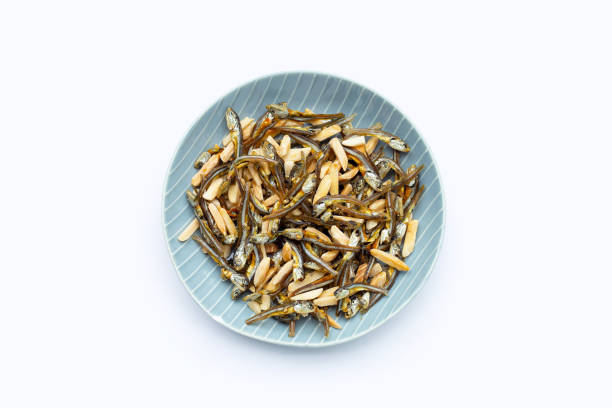
May Potentially Be High In Omega-3-Fatty Acids 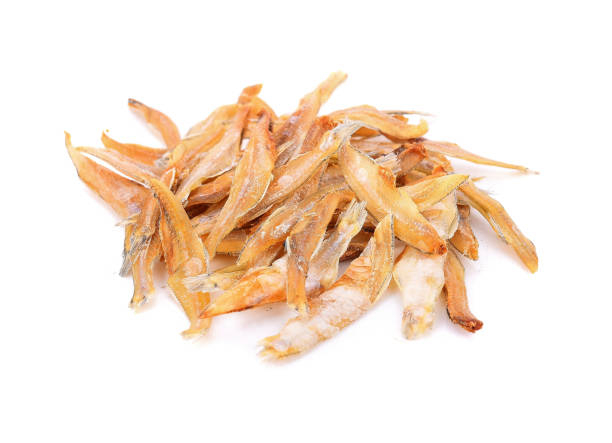
May Potentially Be High In Omega-3-Fatty Acids -
The American Heart Association also recommends two servings. According to 2011 research published in the Experimental Dermatology Journal, supplementing with a mix of DHA and EPA — two long-chain omega-3s — may reduce the skin's vulnerability to damaging UV radiation. Another study performed by a team of American and Canadian experts found that including omega-3 fatty acids in your diet reduced acne lesions. Omega-3 fatty acids may also be beneficial as a treatment for dry, itchy skin caused by significant skin conditions such as psoriasis.
Including anchovies in your diet on a daily basis may help you maintain good skin and avoid breakouts and wrinkles linked with premature aging. They may also assist to prevent sunburn. The omega-3 fatty acids found in anchovies are responsible for this advantage.

Aid In Skin Care 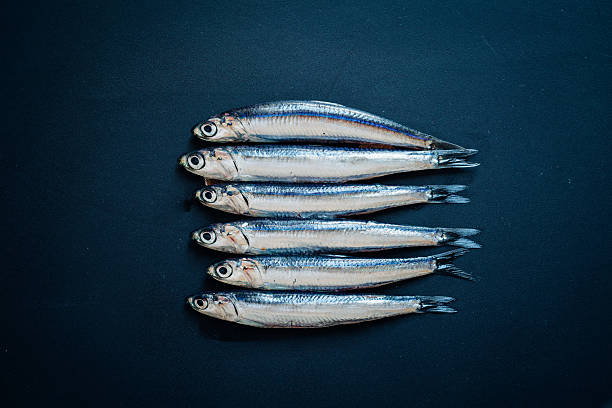
Aid In Skin Care -
Anchovies are a type of saltwater fish with high protein content and a low-calorie count, making them great for persons wanting to reduce weight. A study published in the American Journal of Clinical Nutrition on dietary fish as a key component of a weight-loss diet discovered that higher amounts of protein in fish may help you feel full, preventing overeating. It also inhibits the generation of ghrelin (the hunger hormone).
Anchovies' vitamins, proteins, and minerals may give several health advantages, including aiding in the development of strong bones and the prevention of osteoporosis and other bone disorders. Anchovies' calcium and vitamin A content may also aid in bone preservation. Calcium is also important in preventing tooth decay and keeping teeth strong.
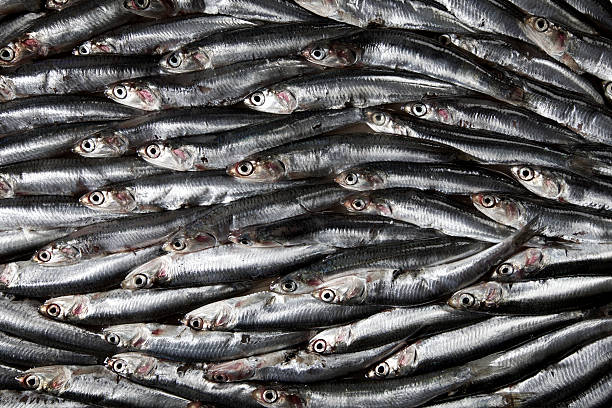
Help In Weight Loss and Improve Bone Health 
Help In Weight Loss and Improve Bone Health -
Anchovies may be high in vitamin A, which is good for your eyes. Anchovy sauce, which is commonly consumed in Pan-Asian cuisine, may have a possible preventive impact on the progression and severity of glaucoma, according to a study published in the International Journal of Ophthalmology and Eye Science. It may also help to prevent macular degeneration and cataracts, therefore incorporating anchovies in your diet is beneficial to your eyes.
Iron may be abundant in anchovies. According to the US Department of Health and Human Services, each 20 gram of fresh fish, such as anchovies, provides around 12% of the daily recommended intake of iron for males and 5% for women. Iron is recognized for improving blood circulation and increasing oxygen delivery throughout the body. It may also assist cells in producing more energy and white blood cells in killing germs, so defending the body from illnesses.
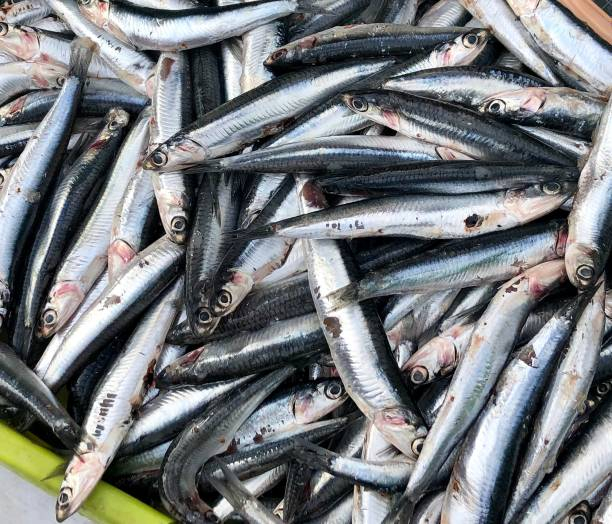
May Be Rich In Iron and Improve Eye Health 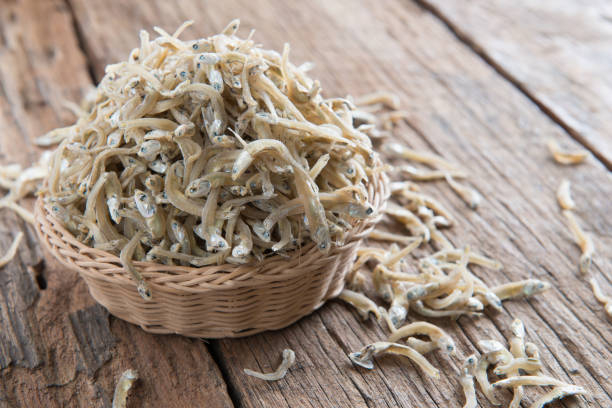
May Be Rich In Iron and Improve Eye Health








